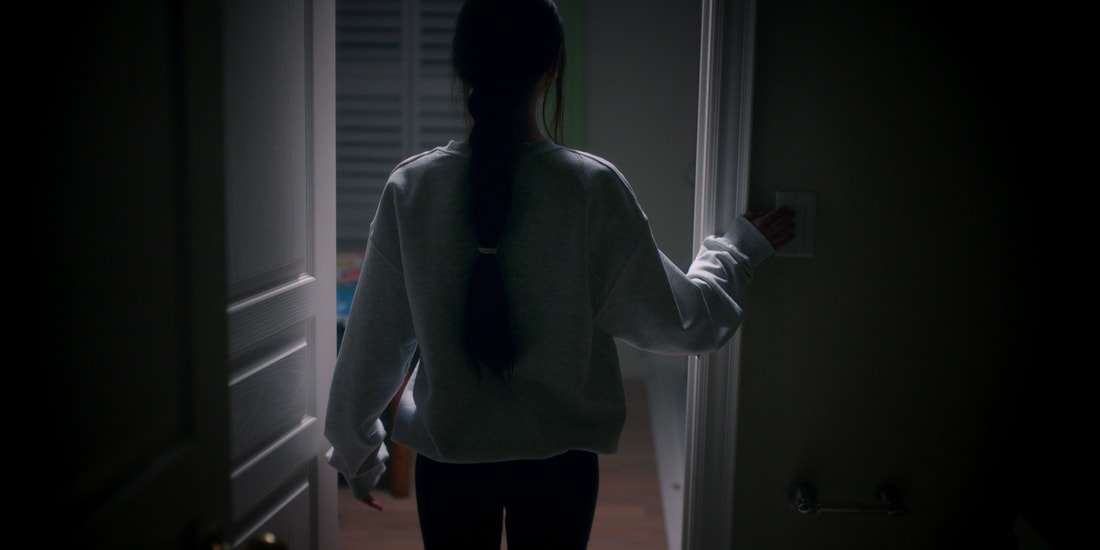|
Review by Joseph Fayed If you follow true crime, and specifically familicide, you have likely heard of Jennifer Pan. The Netflix documentary What Jennifer Did gives a summary of the brutal crime that took place and the investigation into it. Under the helm of director Jenny Popplewell, not even the horrific details alone can save this documentary from lacking any insight beyond the surface level to explain why someone like Jennifer would be driven to kill. In November 2010, Bich Ha Pan was murdered and her husband Huei Hann Pan was severely injured inside their home in Markham, Ontario, Canada. Their 24 year old daughter Jennifer was upstairs, tied up but unharmed and managed to make a frantic 911 call. As the only survivor who is able to recount what happened, Jennifer shares how three men broke in and attacked her family. But soon investigators begin to question Jennifer and her story falls through. Jennifer and three co-conspirators were later convicted of first-degree murder. This documentary follows the course of the investigation that began in the immediate aftermath of the murder. Instead of presenting Jennifer and her parents' lives and building up to the murder, this peels back certain key moments that, in hindsight, may have lead to the murder. This formatting is largely due to the heavy reliance on footage of Jennifer from police interrogation rooms. Law & Order, this is not. Not that there typically is a problem with telling a true story in chronological order, but so much of it consists of the detectives simply rehashing what Jennifer said. There's no fresh perspective given here from any of the main talking heads, which defeats the purpose of revisiting what was once a highly publicized case in the first place. One angle to the story to was massively overlooked was the allegation that the Pan's were "Tiger Parents" — a stereotype of strict parenting often associated with Asian households. Hinted at by a former friend of Jennifer's, who receives a real lack of screen time in comparison to the detectives, this was the most we learned about Jennifer's struggles with her parents. In the case being built against Jennifer, a lot of the information we learned was sidelined in favor of Jennifer's eventual confession. Three other people were convicted of the same crime, but the documentary did not treat their involvement as the same. Overall, a lot that happened outside of Jennifer's three separate interrogations by police was ignored to talk about said interrogations as if it doesn't already exist online.
B-roll footage in documentaries annoys me to no end, but this one goes overboard with it. Whether it's driving their squad car in slow motion or solemnly staring off into space, it's such a bizarre direction, and I don't understand why some directors insist on doing that. Netflix has been riding the true crime wave for a decade, but lately they've been lacking the bite they were once known for having. What Jennifer Did belongs in the hands of an actual journalist. Or at least someone who can convince witnesses, close friends/family, and legal experts on both sides to come forward and ask them questions they have yet to address. A title card at the very end reveals the four convicted will be granted a new trial in the murder of Bich Ha Pan. Of course, this documentary completely ignores that potentially life altering update, and it's a head scratching ending to say the least. As this story is ongoing, I hope whoever examines this case next gives it a more comprehensive effort. Dateline and Keith Morrison, don't let us down. What Jennifer Did streams on Netflix beginning April 10. Rating: 1/5
0 Comments
Leave a Reply. |
Archives
July 2024
Authors
All
|
|
|
disappointment media
Dedicated to unique and diverse perspectives on cinema! |


